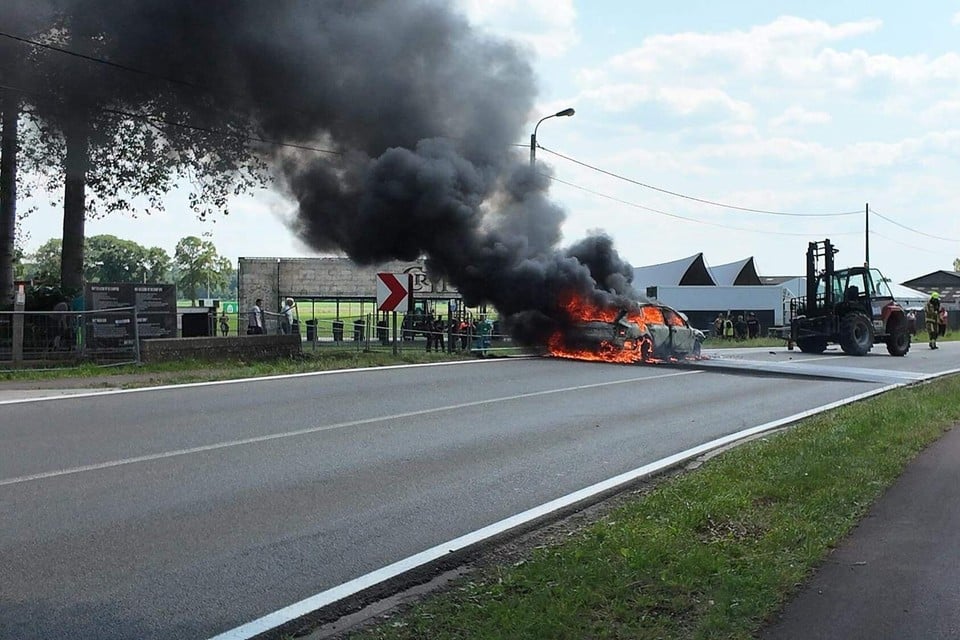On the magistrate teach the departure from vetting-u

The European Commission has come up with a report on the rule of law in Albania, where it reveals the gaps and problems that the judicial system and Albanian justice institutions continue to face. The report still at the stage of a confidential draft raises concerns about the functioning of the HJC and the HJC. A serious fact is also considered employment at the Magistrates School of names left out of the system by Vetting.
“The fact that former dialects who have resigned during the vet and are subject to detention to hold high positions in the judicial system are free to be employed as pedagogical staff at the School of Magistrates. Further efforts should be made to strengthen the quality and efficiency of justice and independence, especially in terms of timely and qualitative professional evaluations, appointments, promotions and transfers of magistrates, appointments of non-magistrate members to the High Judicial Council and the High Prosecutorial Council, access to justice, a modern and integrated management system, integrated management system. the sustainability and reasoning of the jurisprudence, the duration of the procedures and the accumulation of backward issues ”,– the report states.
For the School of Magistrates, it is considered « severe », « the fact that former magistrates who have resigned during vetting and are subject to detention to hold high positions in the judicial system are free to be employed as pedagogical staff at the School of Magistrates. » Concerns for Brussels remain the problems noted earlier, in the two main organs of the system, the High Judicial Council and the Prosecutor’s Office.
« Challenges to carry out in time and quality, appointments, appointments, promotions and transfers of magistrates remain present, while advice continues to have no important rules of operation. » According to the draft report, no significant development has been recorded by the HJC and the HJC, in strengthening transparency for tasks and transfers. « The HJC lacks the internal rules needed to exercise its functions effectively, while those of the LCP require review. Both councils do not have internal regulations on conflicts of interest of their members, making possible cases of conflicts of interest not to be treated. »notes the Brussels document.
Access to justice still not at the right level, with the modern electronic integrated system that according to the EC is expected to become operational only in 2030. The situation with the stock of issues carried out according to the European Commission « while the crucial measures to increase efficiency have not yet been implemented ».
There are two institutions evaluated by this report: SPAK and the High Justice Inspectorate. For SPAK, the document points out that: « It has further consolidated positive results in the fight against corruption at high levels, although there are deficiencies in staff and infrastructure. Special Anti-Corruption (SPAK) and Special Courts for Corruption and Organized Crime have provided positive results in investigating, prosecution and judgment of corruption, including those involved in the EU and SPAK. Clear strategic and independence in the fight against high -level corruption, despite political pressure, organized crime and media groups.
Regarding the fight against corruption, the report recalls that Albania adopted a special strategy in December 2024. But, according to Brussels « The anti -corruption strategy presents some weaknesses, especially with regard to the monitoring mechanism and institutional coordination, which can reduce its effectiveness in preventing and reducing corruption. Although there is a comprehensive legal framework for the fight against corruption, some gaps remain. »
As for the ILD, the Brussels document points out that, “The High Inspector of Justice is operational, but the high number of vacancies for inspectors and a journalist affects its effective operation. There are currently only 9 out of 20 inspectors. The selection process for four non-magistrate inspectors is still in development. The magistrates in the ILD have proved unsuccessful. «




